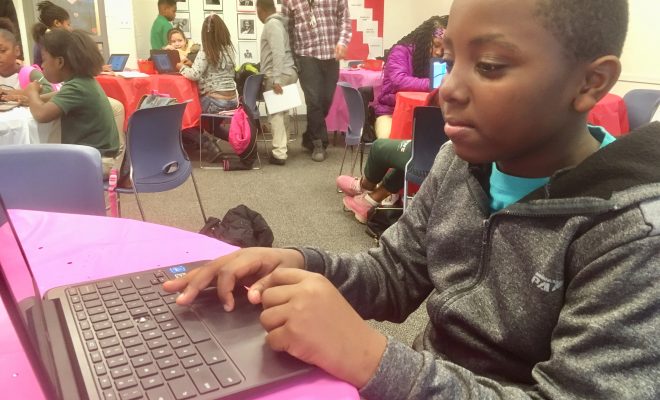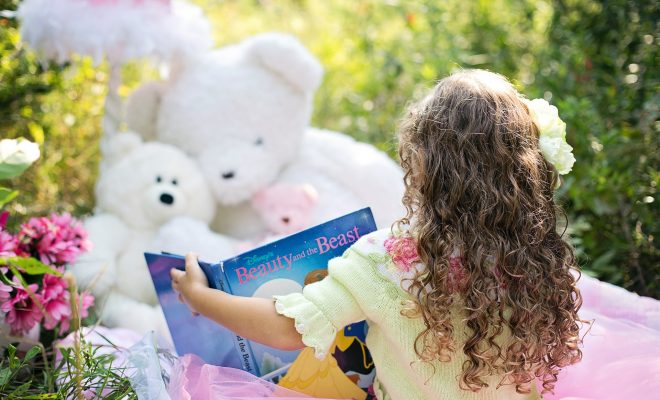Teaching Kids to Be Grateful

No parent wants to raise a child who acts entitled and bratty, but it happens. If you want to avoid raising an entitled child, the best thing you can do is teach your child to be grateful. In addition to merely being good manners, gratitude also teachers our kids to take the focus off themselves and place it on someone else. Sometimes this seems to be easier said than done. As the parent, you set the tone for your family. If you strive to live a grateful life, your kids will follow your lead.
Express Gratitude Regularly in Your Home
Gratitude begins at home. When you express thankfulness regularly in your home, it will leave a lasting impression on your children. Make a point to say “thank you” often in your home, and do not limit it simply to material gifts. Show your thankfulness for actions as well. Teach your children that it is natural to say, “Thank you,” daily.
Cultivate an Attitude of Gratitude
Your children will learn more from your actions than your lectures. Do not think that just telling them to say “thank you” will be effective. They need to see you showing gratitude too. One of the best ways you can teach your kids to be grateful is to cultivate an attitude of gratitude. A grateful attitude means looking for reasons to be grateful even on the worst days. Teach your children to find the blessings amongst the sorrows.
Explain Why Ungratefulness Hurts
Sometimes children need to see and hear examples to understand how gratitude (or ungratefulness) affects others. For instance, tell your child a story about someone whose feelings were hurt when their actions were not acknowledged. Or, consider reading books teaching the importance of valuing others above yourself. The books Have Your Filled Your Bucket Today and The Giving Tree are great to illustrate these concepts.
Stop Giving Them Everything
If you want to raise a grateful child, you need to start saying no. Children who are given more tend to be less appreciative. And, this does not apply just to all the material goods. If you continuously do everything for your child, your child will not learn to appreciate the work. For instance, have your child help with chores, so he or she learns to recognize when someone does these things for him/her. Or, the next time your child wants a toy, have your child save money to buy it.
Give to Others Instead
Make it a point to give to others routinely. Whether you are giving donations, money or time, your children will learn that they have more than they need. Choose organizations that reflect your family’s values, and use these experiences as teachable moments for your kids.
While you may only want to avoid raising an entitled child, teaching your kids to be grateful is beneficial in other ways. Individuals who are more grateful tend to be happier and healthier throughout their lives.





